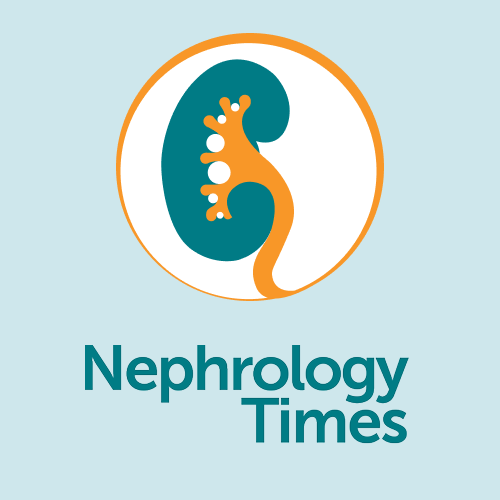
ASN Kidney Week 2024
Obinutuzumab reduced proteinuria in patients with FSGS who were treatment-resistant or on immunosuppressive therapy.
RGLS8429 increases urinary PC1 and PC2 proteins, which may help reduce height-adjusted total kidney volume in ADPKD.
Researchers evaluated the efficacy of sparsentan in a subset of patients with genetic focal segmental glomerulosclerosis.
Could pravastatin slow the rate of increase in height-adjusted total kidney volume in adults with ADPKD?
A study examined the efficacy of adding SZC to allow patients with stage 3-4 DKD to maintain treatment with RAASi.
Researchers assessed the safety and efficacy of bardoxolone methyl (BARD) in patients with ADPKD.
Vlado Perkovic spoke about findings from the FLOW, APPLAUSE-IgAN, and CREDENCE trials presented at ASN Kidney Week.
Researchers studied the efficacy and safety of dapagliflozin in patients with chronic kidney disease stages 4 and 5.
A study examined whether the relationship between hyponatremia and higher mortality and rehospitalization is causal.
Researchers studied risk of postoperative AKI with perioperative hypotension- versus hypertension-avoidance strategies.
Carla Nester spoke about two presentations at Kidney Week focused on potential therapies for C3 glomerulopathy.
Sagar Nigwekar discussed interim data from the SEAPORT 1 trial of INZ-701 for treatment of calciphylaxis.
Guru Reddy discussed three posters presented by Unicycive Therapeutics at ASN Kidney Week 2024, on UNI-494 and OLC.
Benefits of empagliflozin continued for a period after discontinuation but were lesser and seemed temporary.
Jonathan Barratt discussed advances in IgA nephropathy treatment with Joel Topf at ASN Kidney Week 2024.
BTK inhibitor zanubrutinib was found to be well tolerated and showed activity in patients with membranous nephropathy.
Susan Quaggin, winner of the 2024 John P. Peters Award, spoke with us about the award, her work, and ASN Kidney Week.
Semaglutide reduced the risk of death among patients in the FLOW trial, who had CKD and type 2 diabetes.
Melissa Little discussed kidney regeneration and her stem cell research with Joel Topf of Nephrology Times.
Finerenone did not modify kidney outcomes but reduced albuminuria and risk of new-onset macroalbuminuria in patients with HF.
Mohamad Hussain spoke with us about a phase 3 trial of the acellular tissue engineered vessel in AV access for hemodialysis.
A trial assessed an acellular tissue engineered vessel (ATEV) compared to autologous arteriovenous fistula for hemodialysis.
After their poster tour at ASN Kidney Week 2024, Roger Rodby and Edgar Lerma shared a few highlights with Joel Topf.
Pegcetacoplan achieved significant reductions in proteinuria and C3c staining and stabilized eGFR in patients with C3G.
Katherine Tuttle spoke with Joel Topf about FLOW trial results presented at ASN Kidney Week 2024.
FLOW trial data showed semaglutide safely reduced risks of major kidney outcomes regardless of CKD severity.
Hiddo Heerspink discussed his Kidney Week presentations on SC0062 for IgAN and semaglutide in obesity with nondiabetic CKD.
A novel endothelin receptor type A selective antagonist showed a meaningful reduction in proteinuria in patients with IgAN.
Treatment of IgA nephropathy with felzartamab led to sustained proteinuria reduction and reduced eGFR decline.
Jonathan Barratt discussed his research on the anti-APRIL antibody sibeprenlimab in the treatment of IgA nephropathy.
Abdul Abdellatif discussed findings from the PROTECT study examining pegloticase for kidney transplant patients with gout.
BAFF and APRIL inhibitor atacicept reduced UPCR, hematuria, and Gd-IgA1 and stabilized eGFR in patients with IgAN.
An analysis found that cases of CKD among women across the globe tripled in the past three decades.
A study examined the effects of semaglutide in patients with overweight/obesity and albuminuria CKD without T2D.
ASN President Deidra Crews called to redefine the standard of care and address disparities in kidney care.
IgAN was a hot topic at ASN Kidney Week and was the focus of an exhibitor spotlight on pathogenesis and the role of APRIL.
Surveyed physicians indicated that IgAN patients were referred to them late and not all potential cases had a timely biopsy.
C3 plays a key role in the formation of Gd-IgA1-containing IC with a nephritogenic capacity for IgAN.
Clinical improvement does not always reflect pathology, so renal biopsy may be needed to determine IgAN treatment efficacy.
Even when levels are below the current KDIGO threshold, proteinuria in IgAN indicates a risk of kidney failure.
Researchers found evidence that anti-mesangium IgA is involved in the pathogenesis of human IgAN.
Data from patient charts and surveys of nephrologists shed light on the future of individualizing treatment for IgAN.
Recent research reveals tolvaptan’s role in reducing hemodialysis initiation risk in ADPKD,
Contrary to recommendations, low-dose tolvaptan may be an option for refractory hyponatremia in cirrhosis.
A study examined physician confidence and barriers to prescription of tolvaptan for the management of ADPKD.
A study investigated whether treatment with difelikefalin and tolvaptan can protect against worsening of late-stage PKD.
ESSENTIAL assessed the safety and effectiveness of tolvaptan among patients in Korea with ADPKD and CKD stages 1 to 3.
Tolvaptan increased serum sodium without causing sodium overcorrection in syndrome of inappropriate antidiuresis.
A biopsy registry linked with administrative databases proved to be a practical way of studying IgAN at the population level.
Researchers identified six candidate loci that were significantly associated with IgA nephropathy prognosis.
The largest SnRNA-Seq profiling of IgAN kidney cells to date identified noteworthy cell-specific pathways in IgA nephropathy.
A study examined the impact loin pain has on IgAN patients' quality of life and strategies to manage the pain.
Analysis of single-nucleus data described heterogeneity in IgAN and found pathogenic alterations in the IgAN transcriptome.
A study examined the association between gross hematuria after COVID-19 vaccination and renal prognosis in IgAN patients.
Loss-of-function phenotypic screening with LEAPFROG-powered CRISPR-cas9 is likely to identify therapeutic targets for IgAN.
ARPCs isolated from urine of IgAN patients can form renal spheroids and tubular-like structures without external cytokines.
A study examined the association between circulating inflammatory proteins and disease progression in IgAN.
The phase 2 ENVISION trial examined the effect of sibeprenlimab on patients with IgAN.
Aquapheresis may provide an alternative for fluid removal in hypervolemia patients with sickle cell nephropathy.
Researchers reported on a patient with elevated 1,25-dihydroxyvitamin D with hypercalcemia and severe tophaceous gout.
A case report suggests treatment with intravenous pegloticase could help eGFR recovery in patients with uncontrolled gout.
A study examined gout incidence and risk among stage 3-5 CKD patients with asymptomatic hyperuricemia.
A study examined the prevalence, patient characteristics, and medical management of patients with gout and CKD.
A patient with gout experienced an increased risk of kidney stone formation after adopting a carnivore diet.
Researchers presented bone-related findings of a study on pegloticase use in kidney transplant recipients with gout.
Researchers explored an association between fluctuating uric acid levels and adverse prognoses in older adults with CKD.
A study examined the association between the prescription of ULT and the progression of kidney disease in patients with CKD.
Lupkynis for lupus nephritis is the focus of six accepted abstracts at the American Society of Nephrology Kidney Week 2024.
The American Society of Nephrology published the abstracts for Kidney Week 2024.
A late-breaking abstract at Kidney Week will report on a phase 3 trial of the ATEV in AV access for patients with ESRD.
Long-term results of a study of atacicept to treat IgA nephropathy (IgAN) will be presented at ASN Kidney Week.
ASN Kidney Week 2024 early programs take place October 23 and offer the chance to earn continuing education credits.
Three posters related to Unicycive's drug candidates for kidney diseases will be presented at ASN Kidney Week 2024.
Research on xanthine oxidase activity in polycystic kidney disease sponsored by XORTX will be presented at ASN Kidney Week.
The American Society of Nephrology (ASN) announced the plenary keynote speakers for its 2024 Kidney Week event.
Advertisement
Advertisement

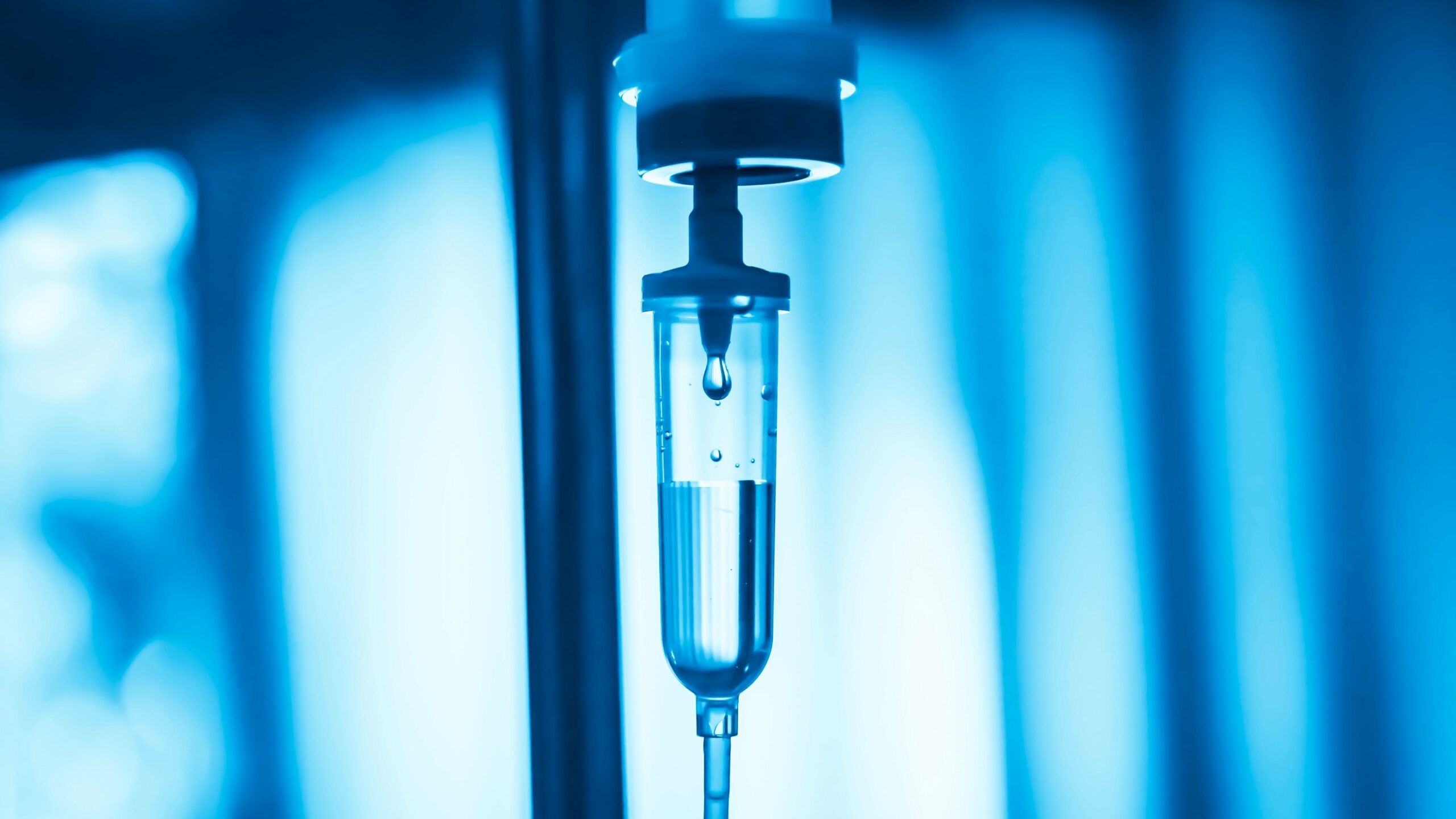

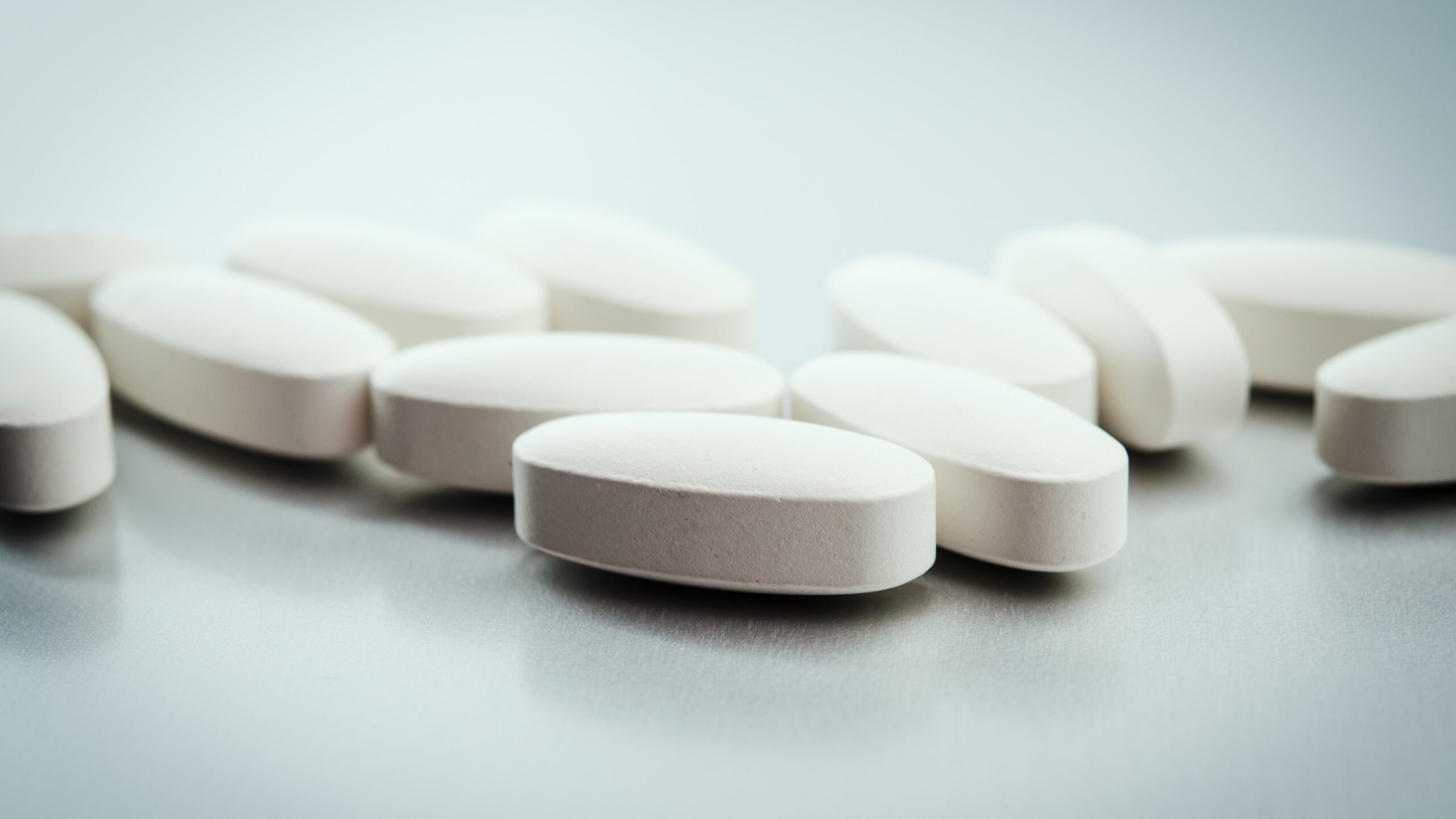

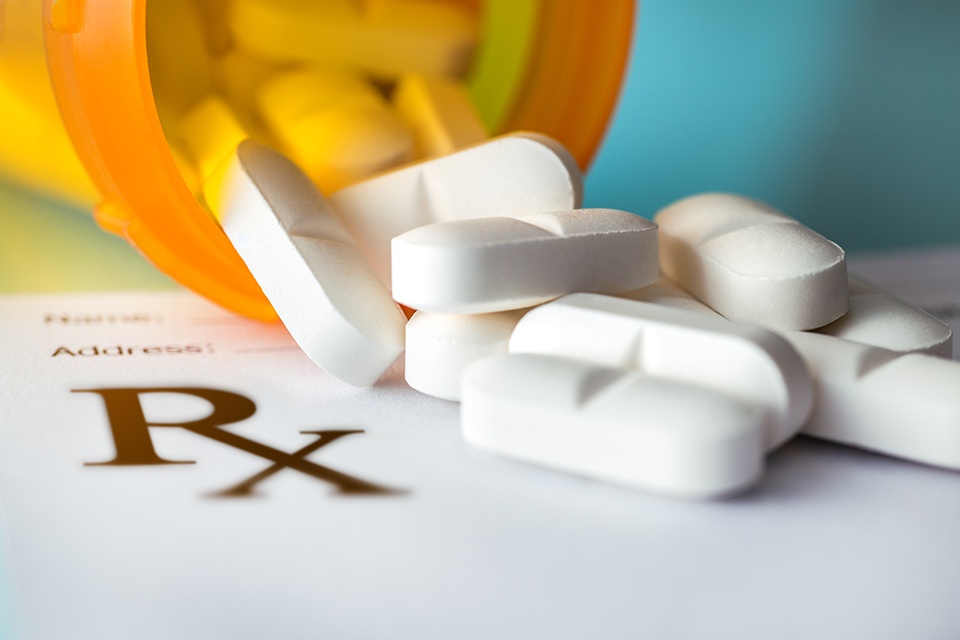

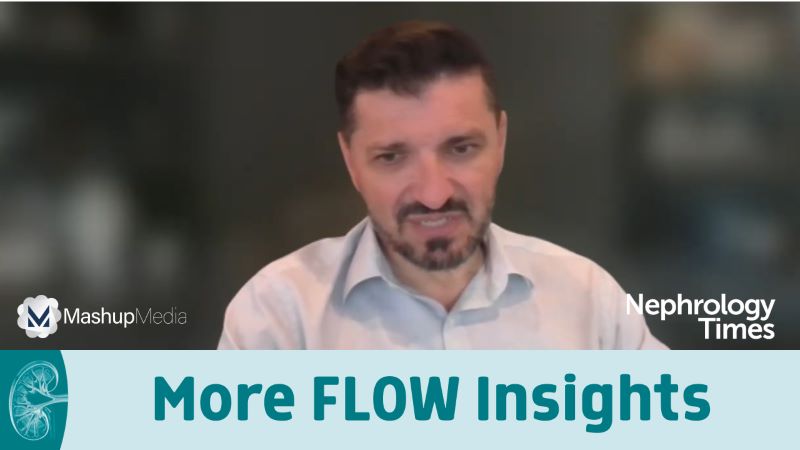
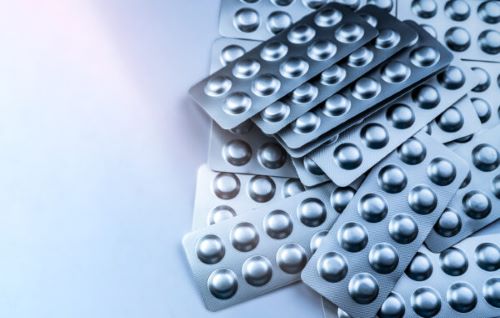
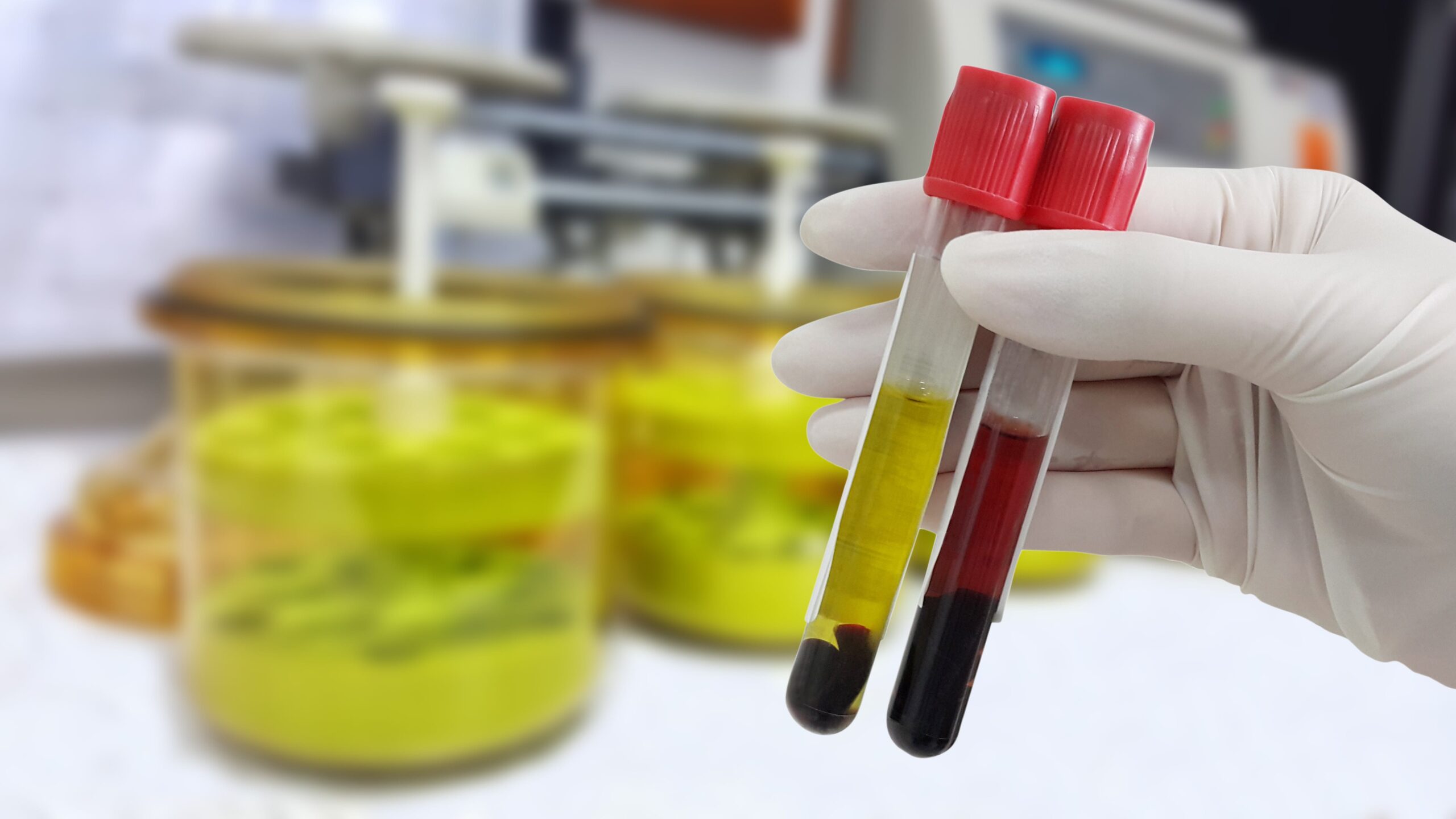
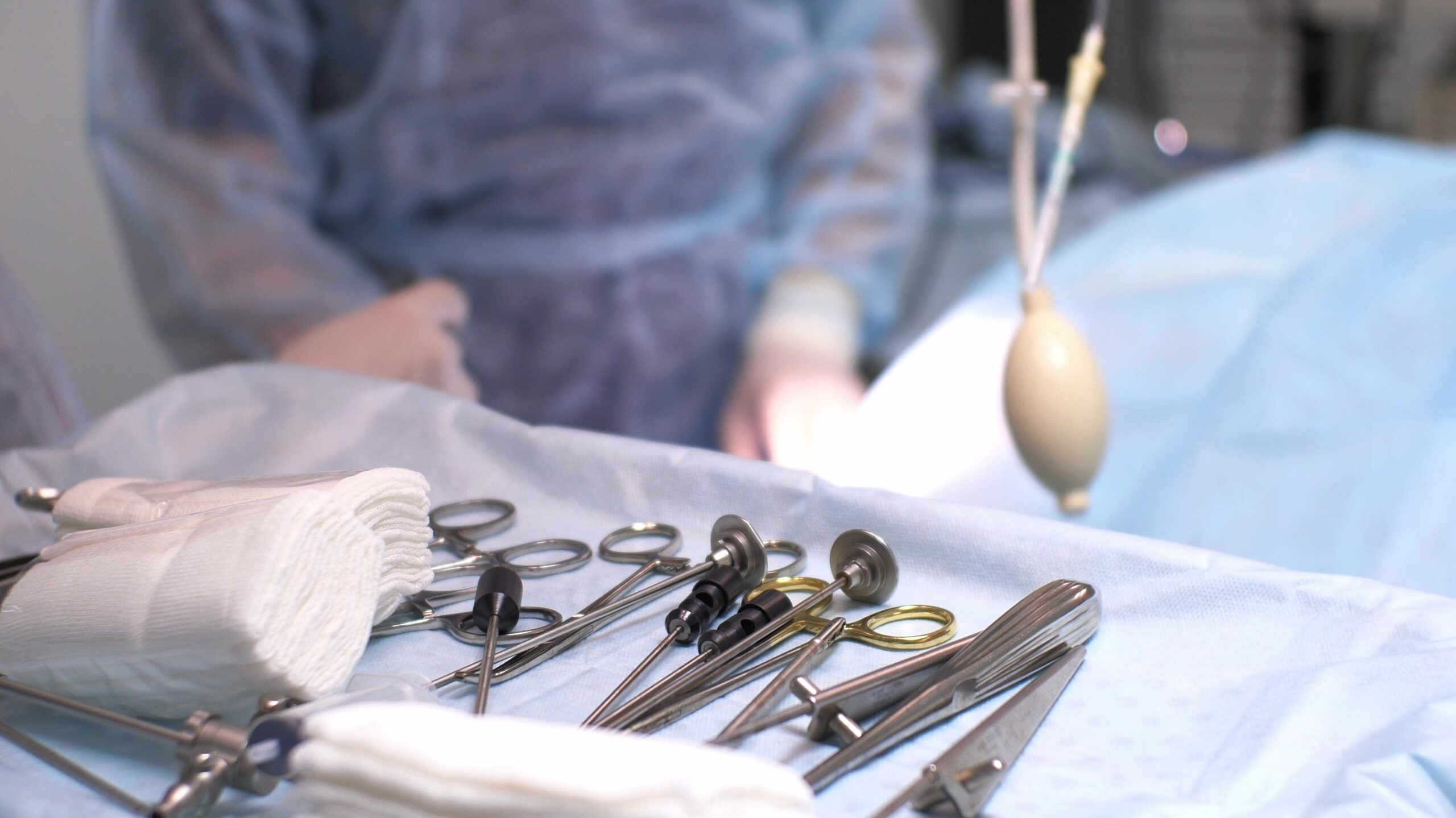
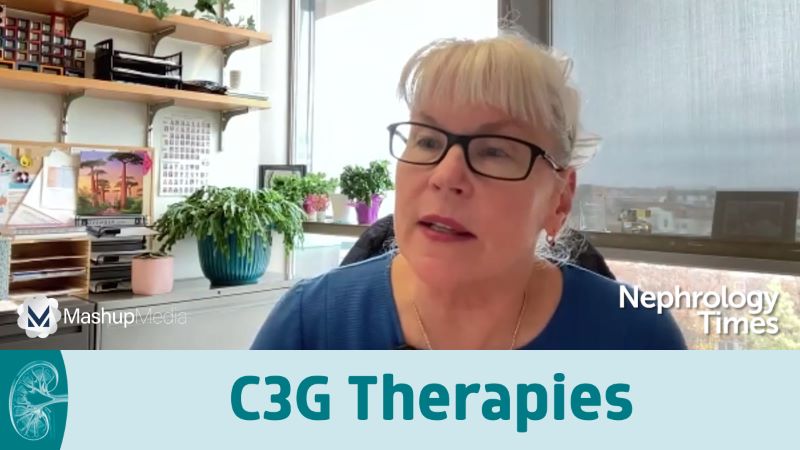

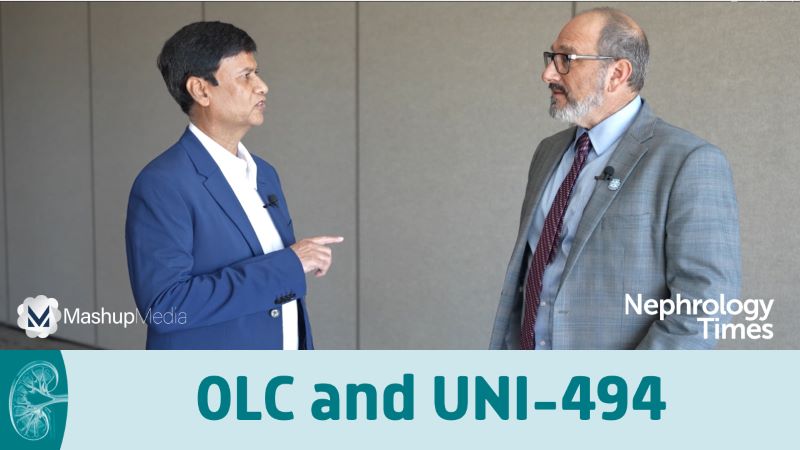
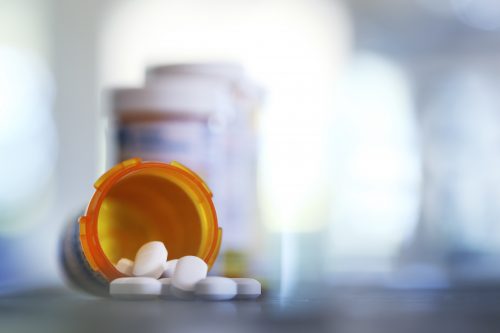
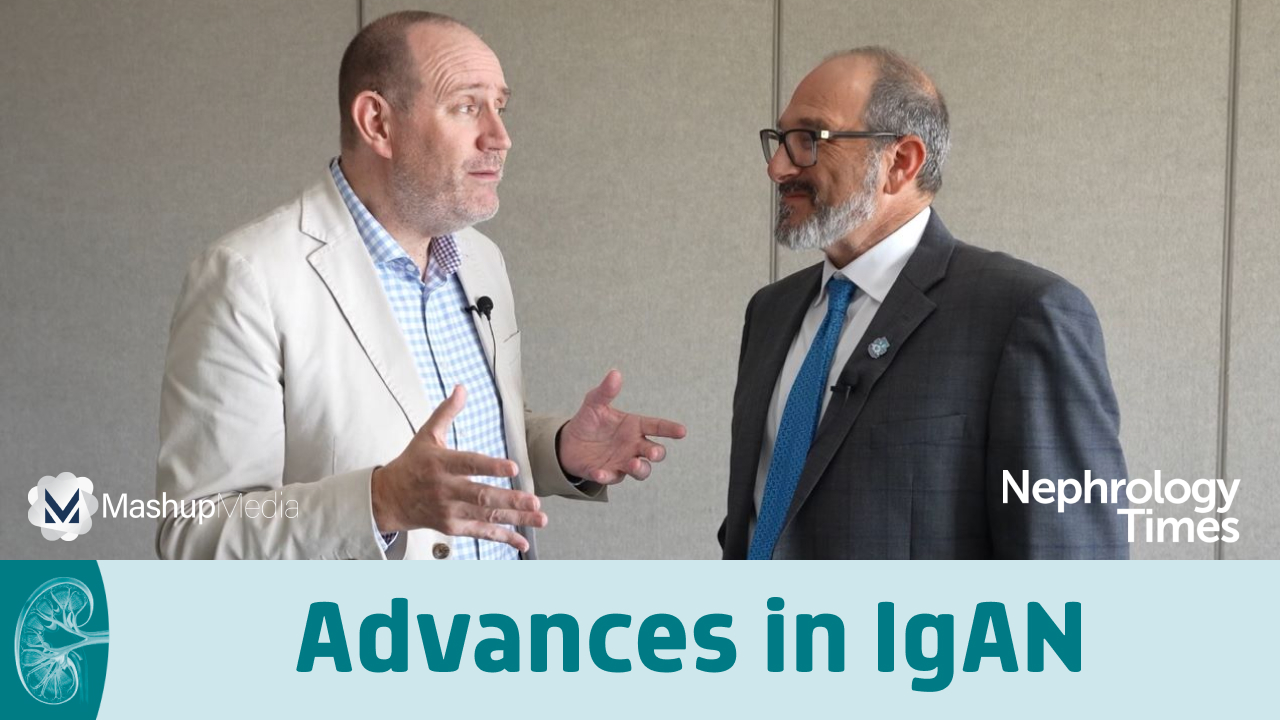
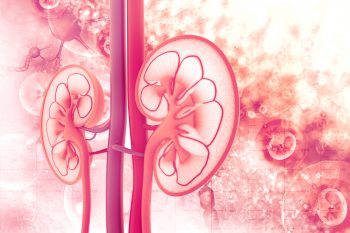


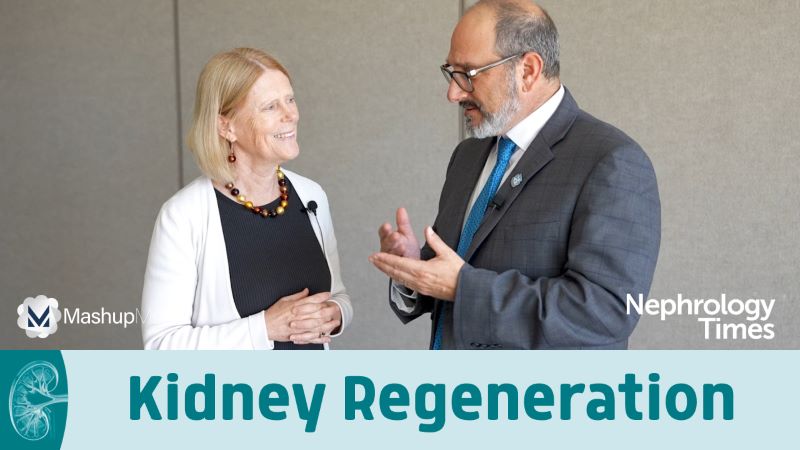
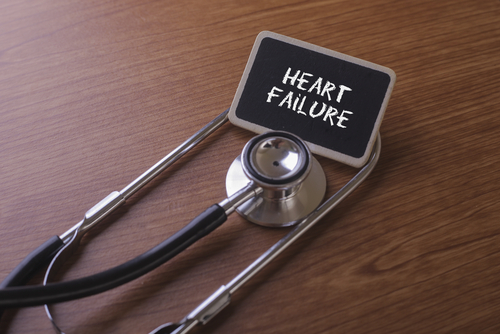
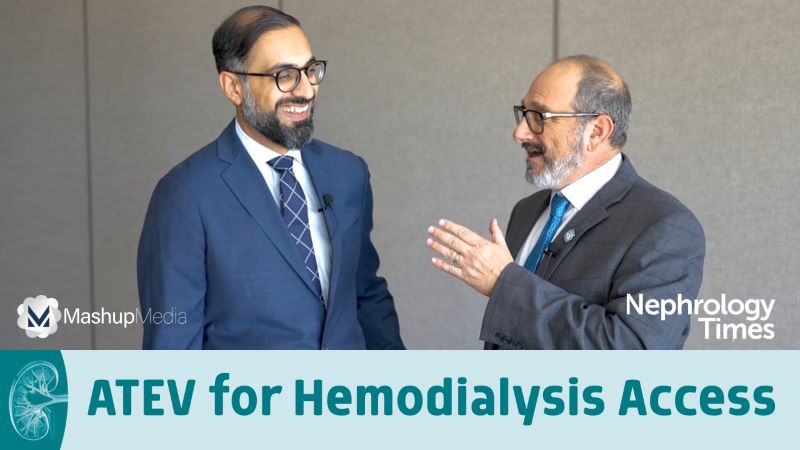
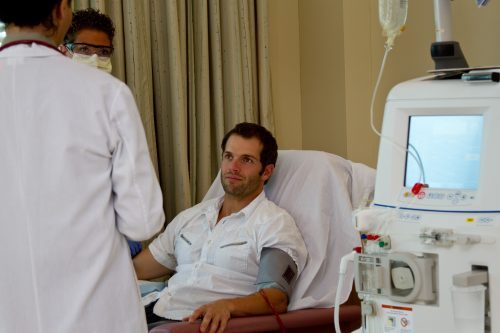


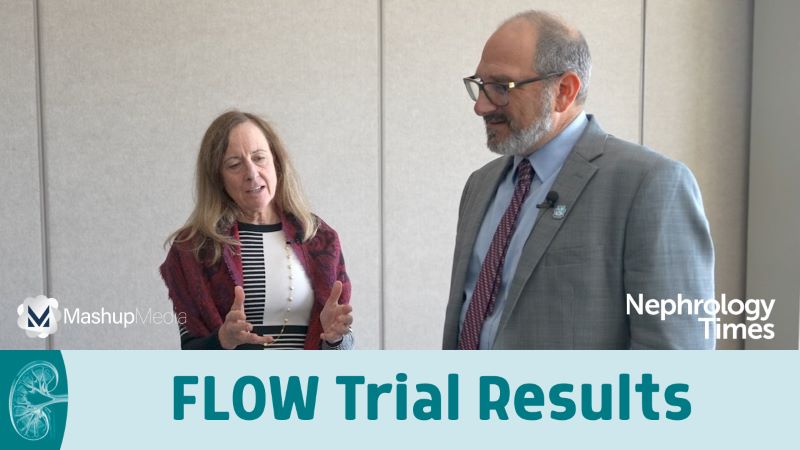
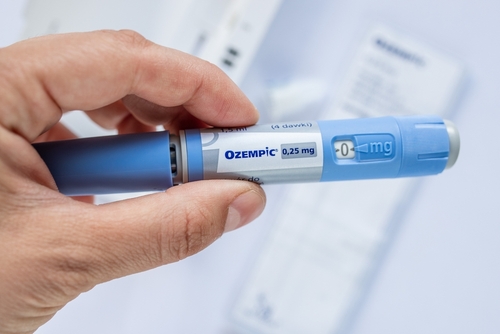
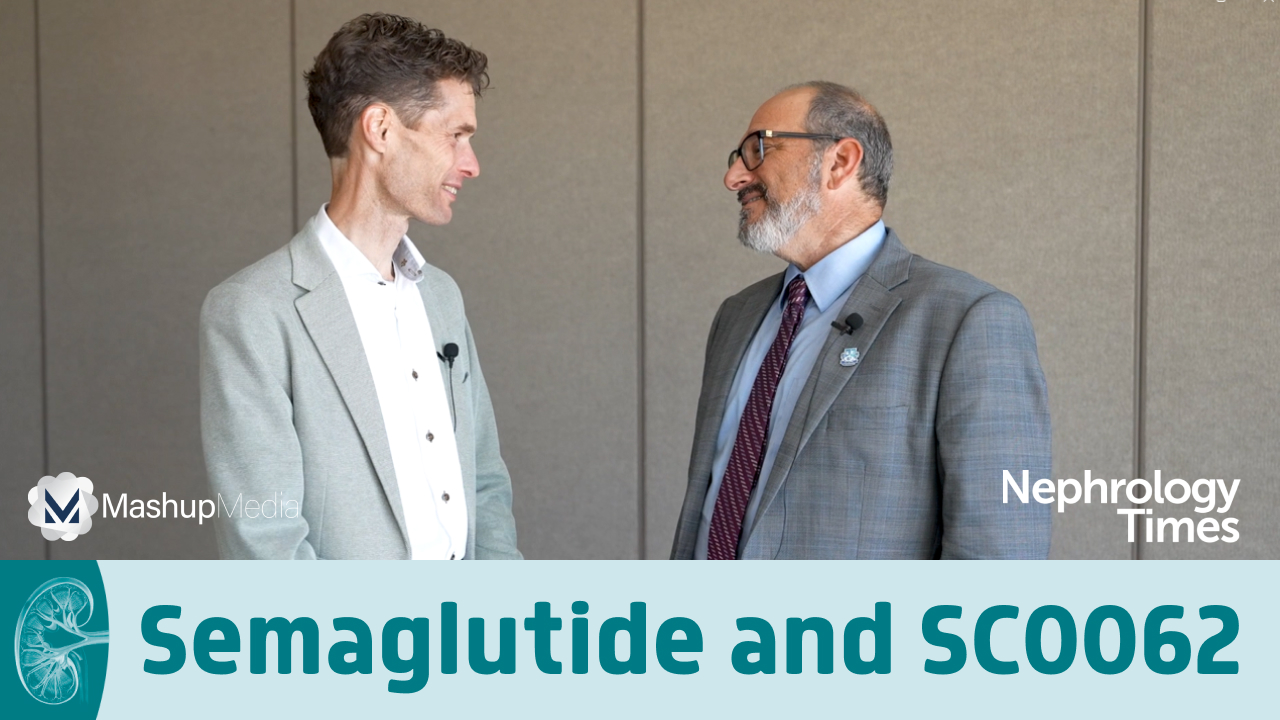
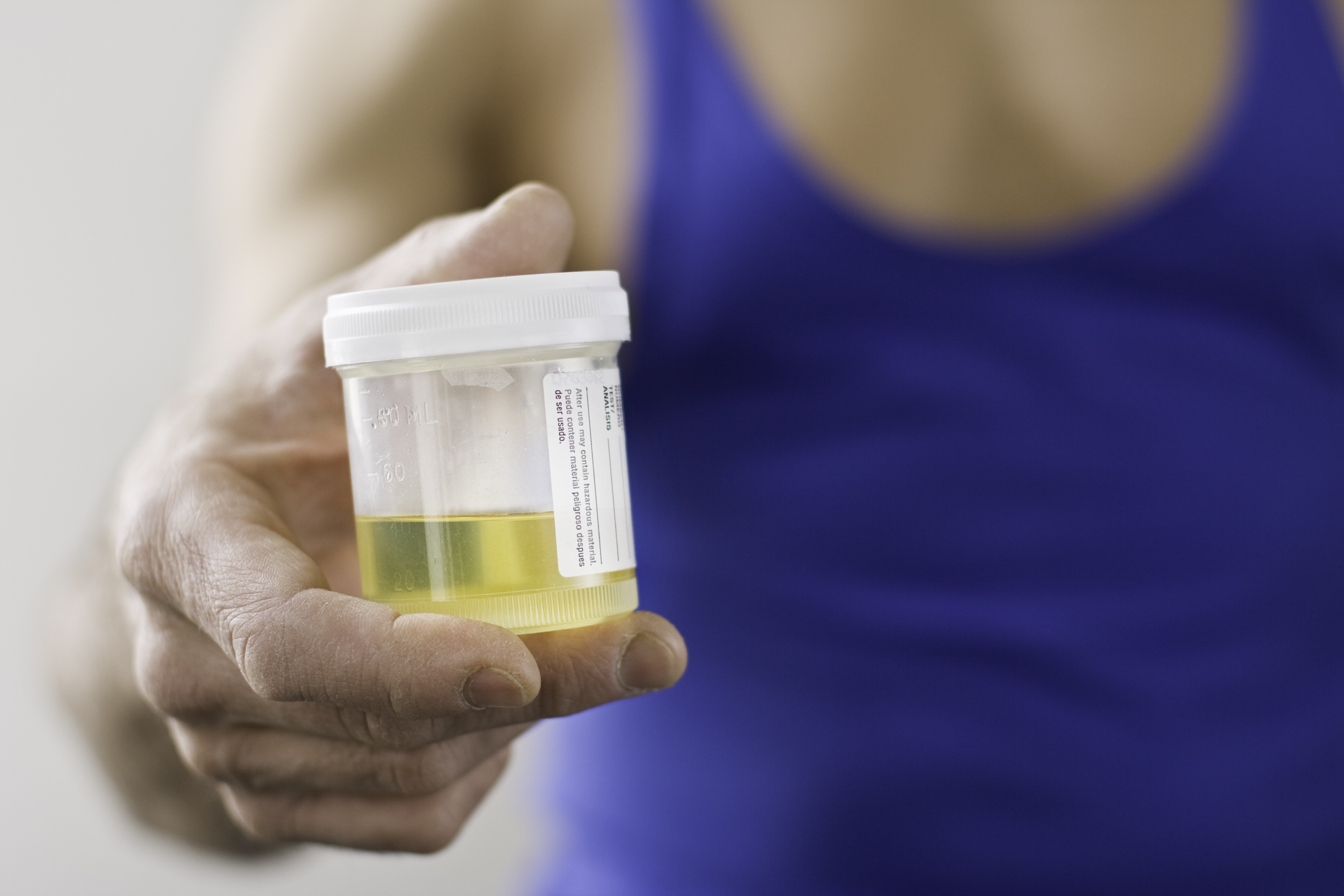
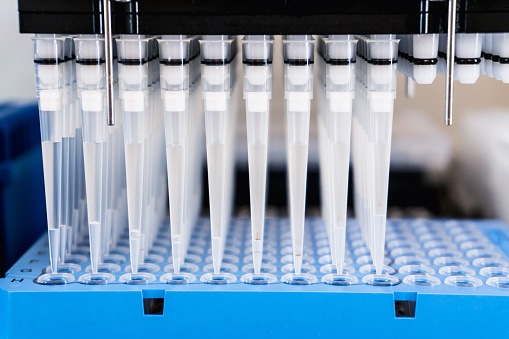
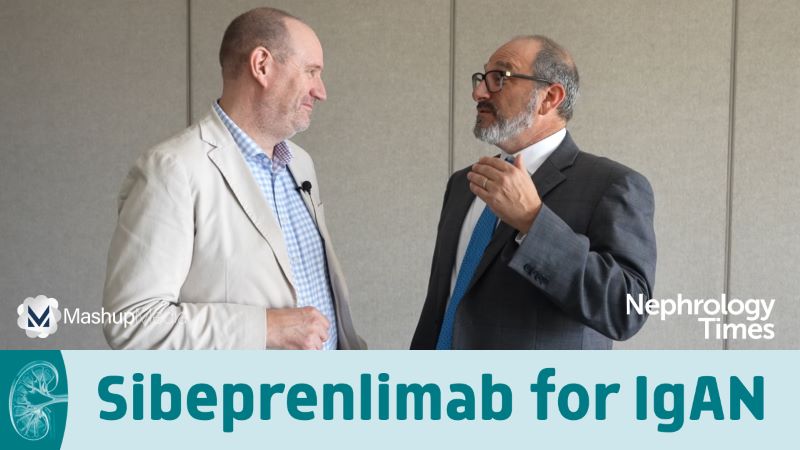
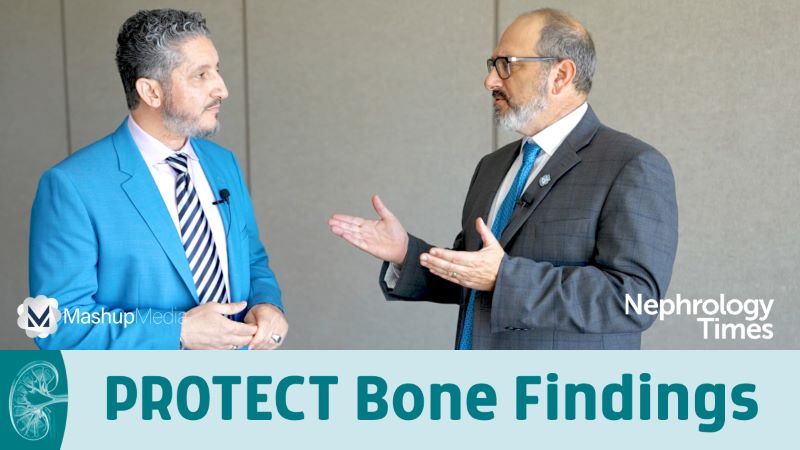
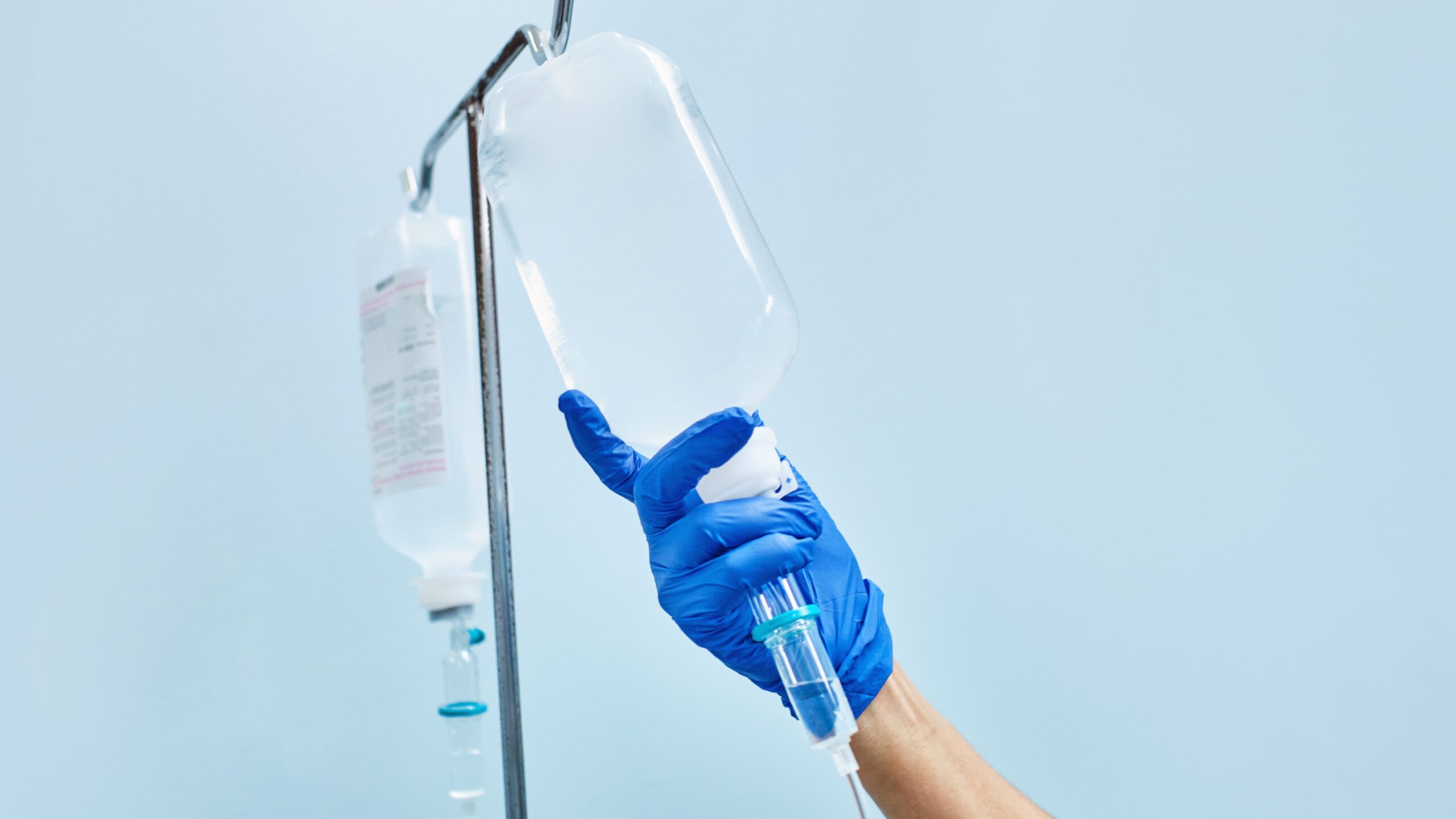

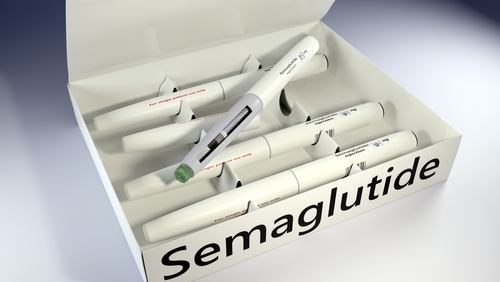

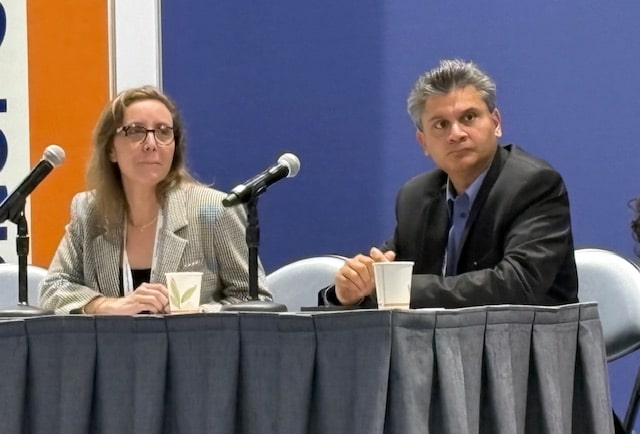


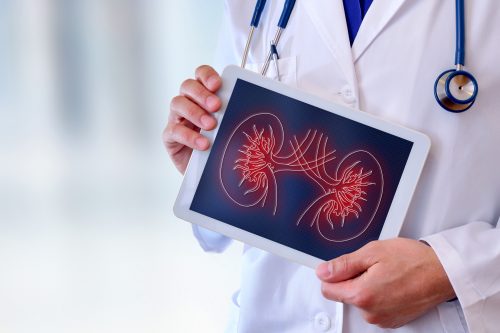
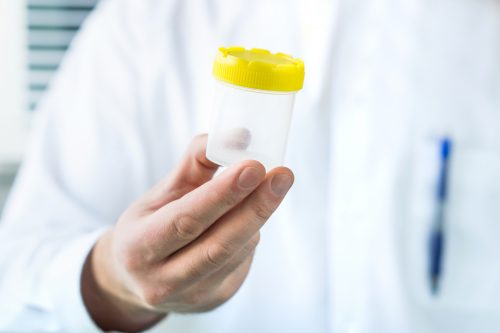

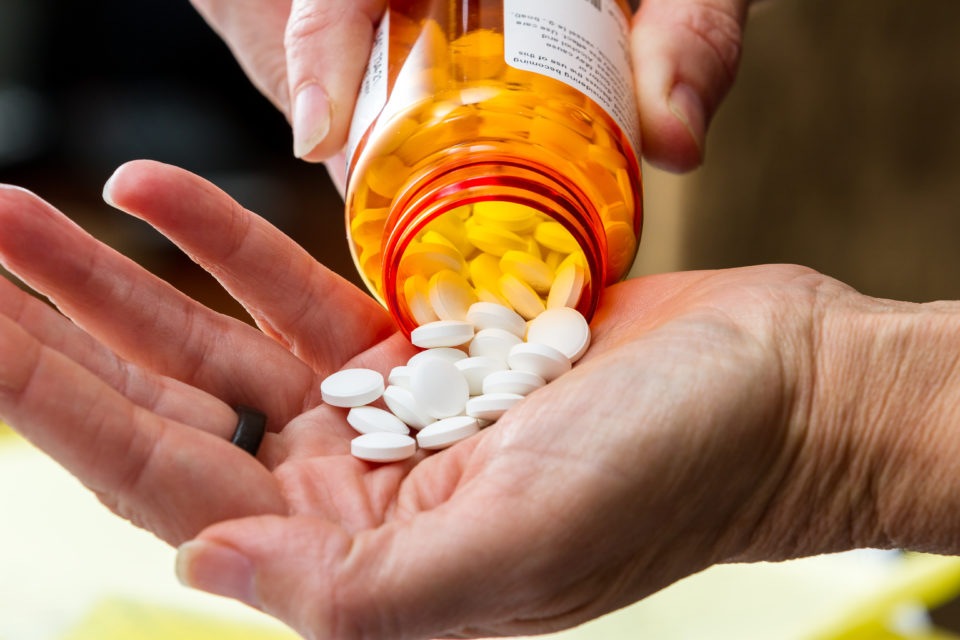
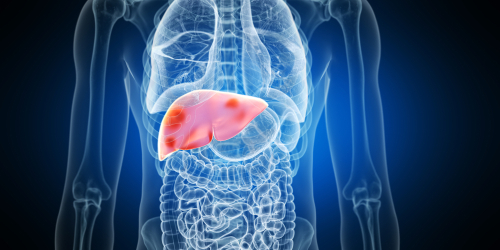


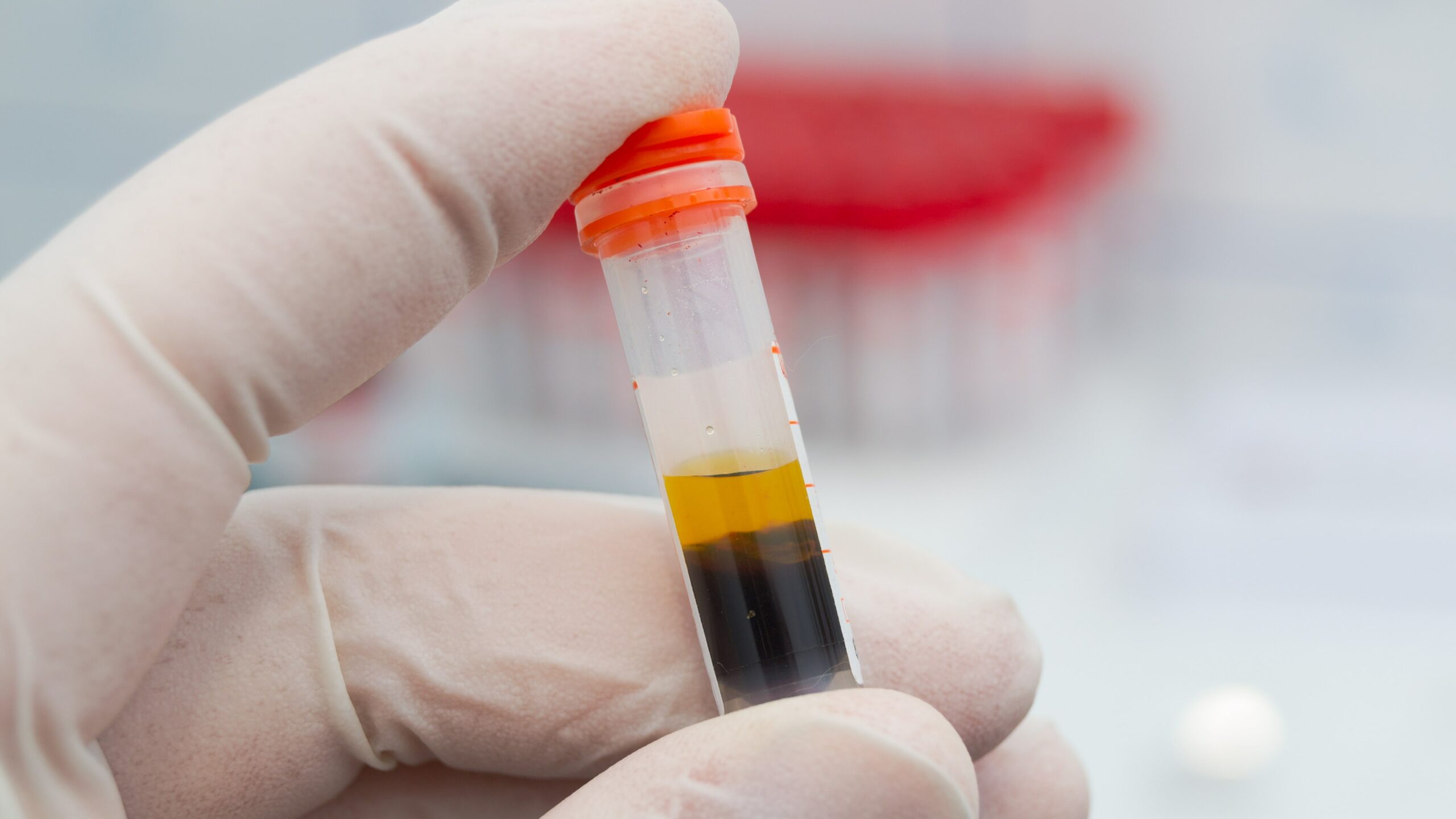


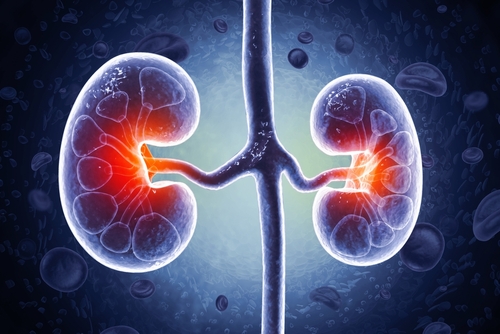


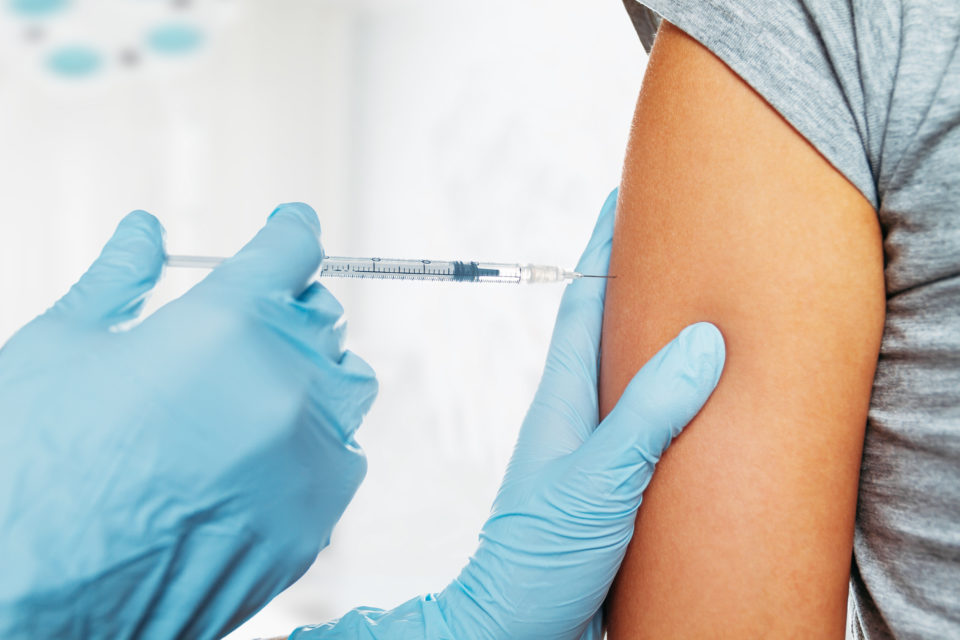



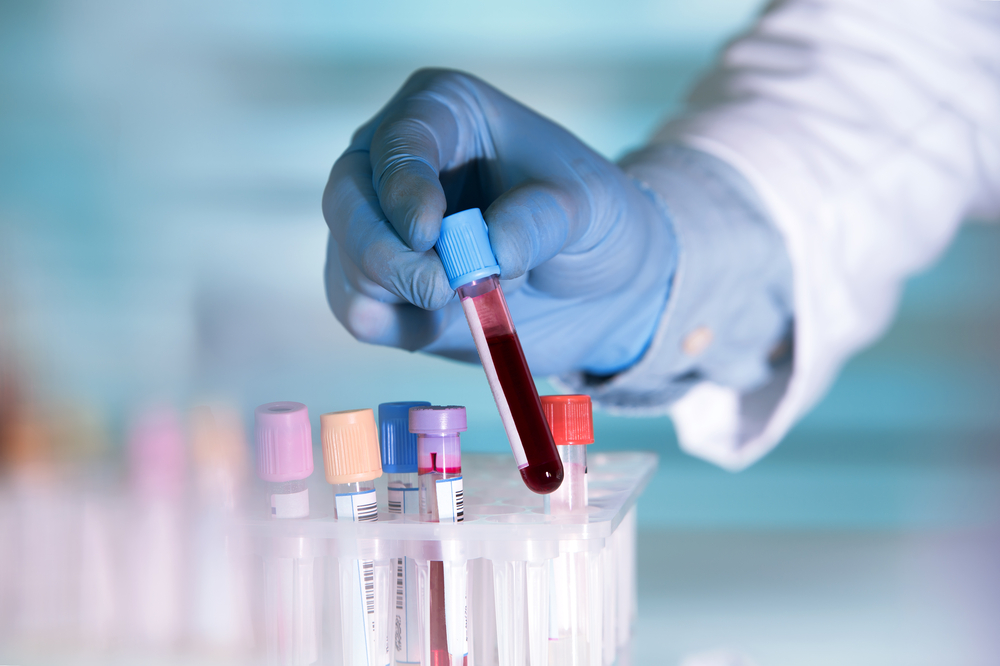
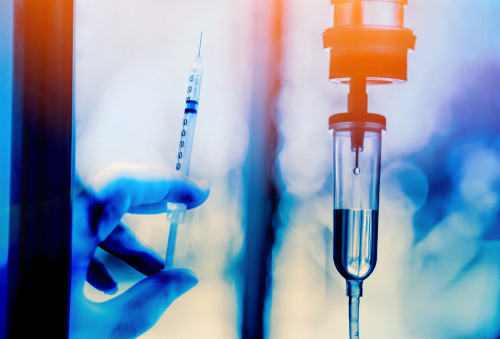
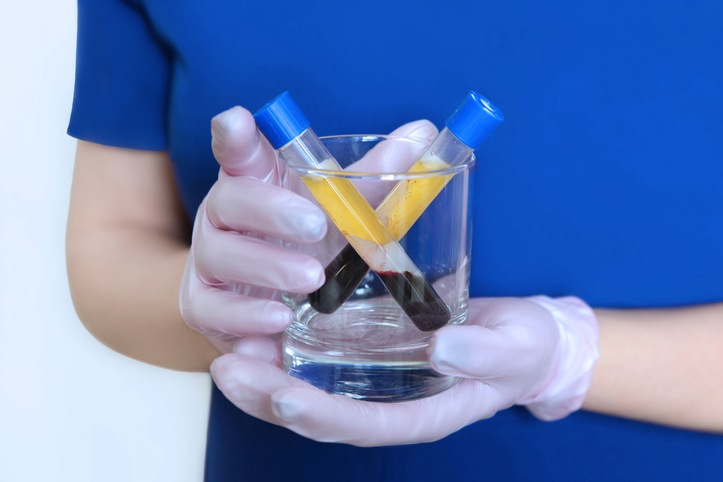

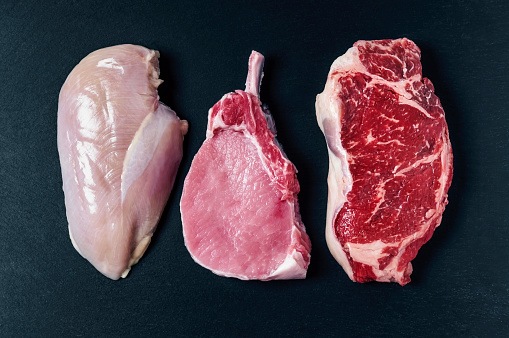
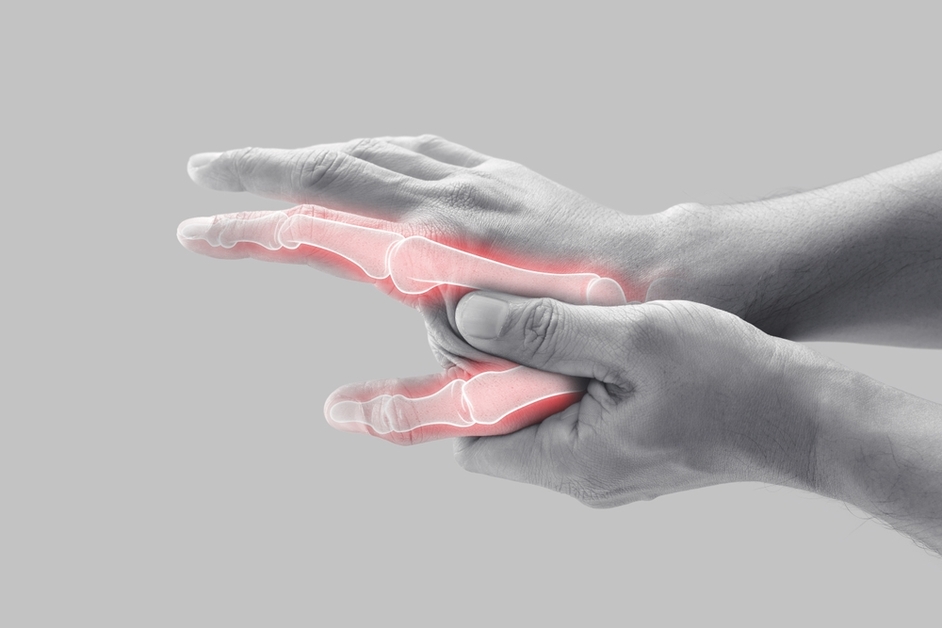


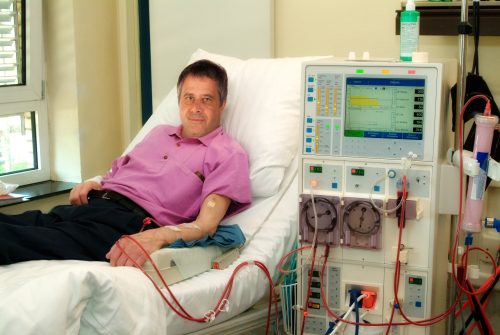
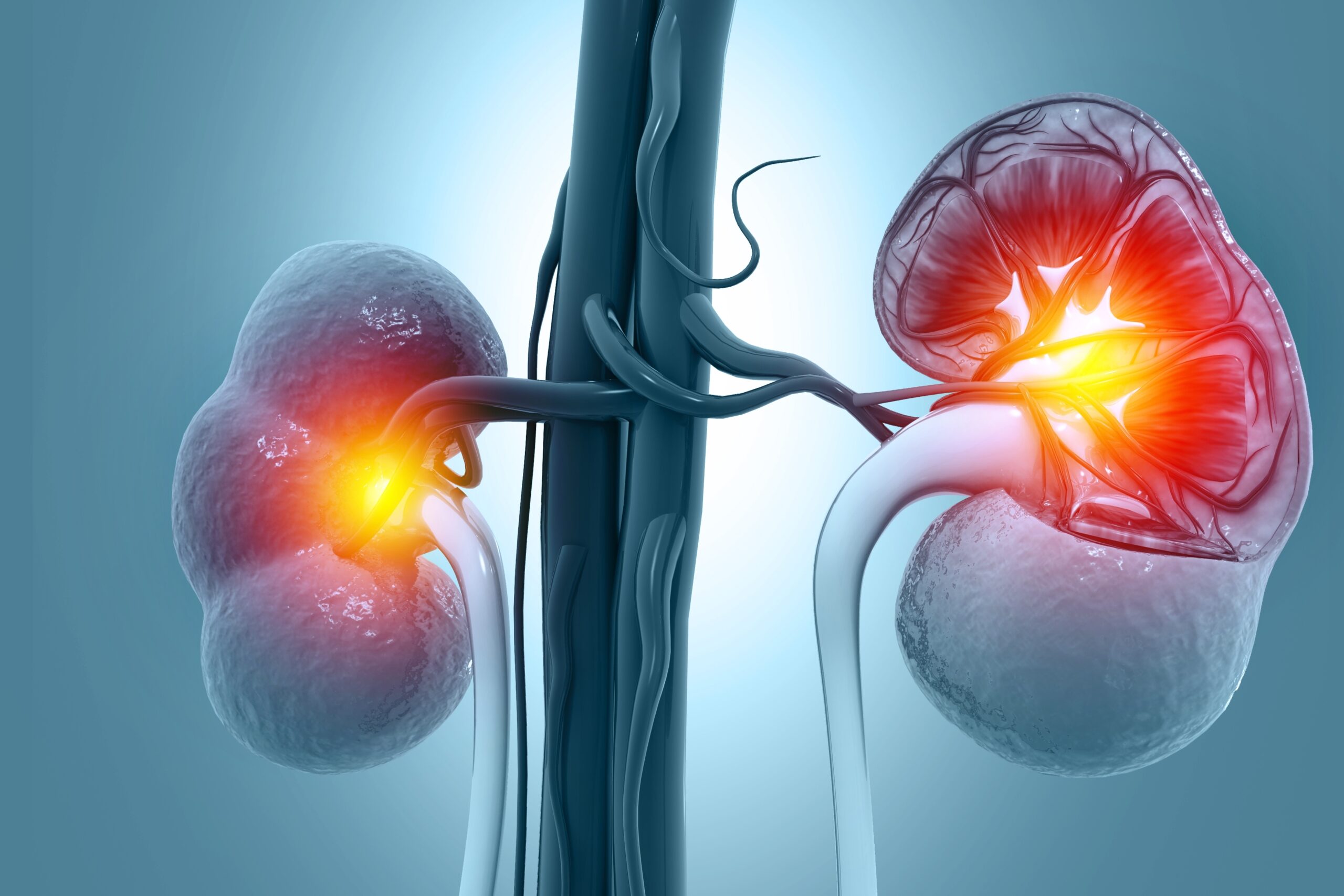

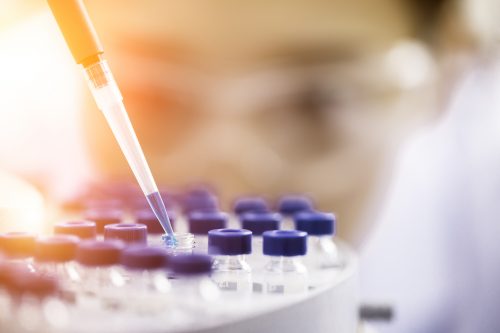


 © 2025 Mashup Media, LLC, a Formedics Property. All Rights Reserved.
© 2025 Mashup Media, LLC, a Formedics Property. All Rights Reserved.